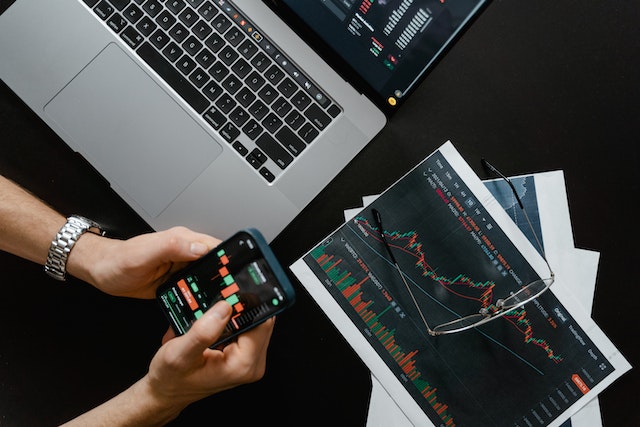Global economic expansion slows while selling price inflation eases
The global economic expansion slowed further in July, but remained robust by historical standards. This was as price pressures eased, with selling price inflation falling to the joint-lowest since October 2020. Stubborn cost inflation nevertheless remains an area to continue monitoring.
The J.P.Morgan Global PMI Composite Output Index – produced by S&P Global – registered 52.5 in July from 52.9 in June. Despite being the lowest reading in three months, historical comparisons indicate that the PMI is broadly indicative of the global economy growing at an annualized rate of 2.75% in July, which remains robust and is among the strongest indicated over the past year.
Central to the latest deceleration of growth was a slowdown in manufacturing to a state of near stalled production growth. This reflected falling goods new orders, especially among developed economies. Global export orders for goods also declined, down for a second successive month in July, though here we have observed shipping delays playing a part in negatively affecting trade flows. In contrast, services activity expanded at a faster rate in July, spurred by rising inflows of new business.
July’s PMI data also offered mixed news on the inflation outlook. Broadly, the PMI selling prices index, which corresponds closely with consumer price inflation trends, eased to the joint-lowest since October 2020 globally to hint at inflation dropping in the coming months. However, the surveys also indicated some upturn in cost growth, which may threaten the outlook for inflation and is therefore an area to continue monitoring. Flash PMI figures for August will be due August 22 for further insights on both growth and prices.
Source: S&P GLOBAL – by Jingyi Pan
Legal Notice: The information in this article is intended for information purposes only. It is not intended for professional information purposes specific to a person or an institution. Every institution has different requirements because of its own circumstances even though they bear a resemblance to each other. Consequently, it is your interest to consult on an expert before taking a decision based on information stated in this article and putting into practice. Neither Karen Audit nor related person or institutions are not responsible for any damages or losses that might occur in consequence of the use of the information in this article by private or formal, real or legal person and institutions.






